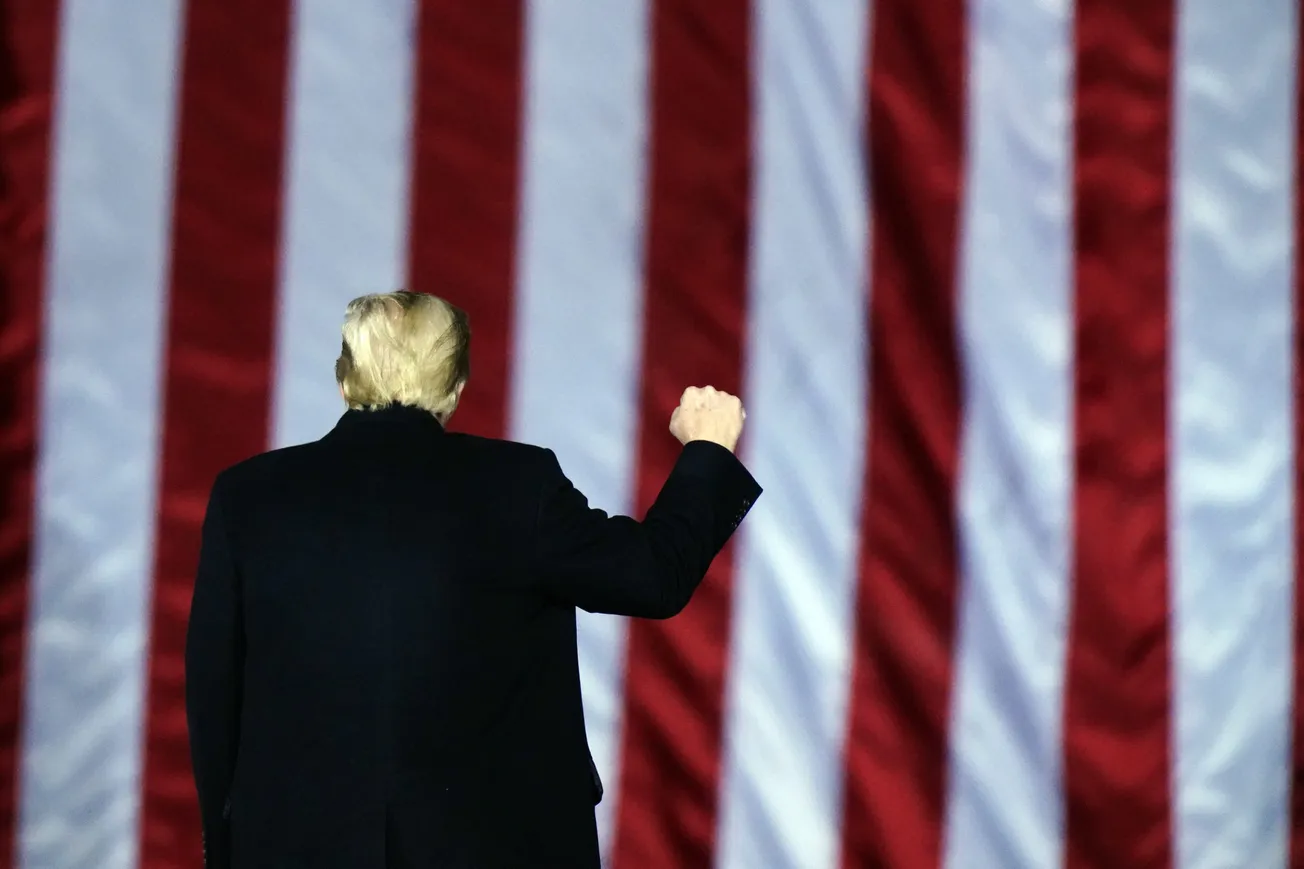As my wife and I recently left Amsterdam on our way home from a mission trip to Uganda, I couldn’t help but reflect on what is happening in Africa economically and what is possible from an out-of-the-box development standpoint. Also striking is the potential impact on Christianity.
If you live in a developing country, you can obtain most of what you need from China or India. Nations no longer must go to the West for their needs, including financing. If you need vehicles, heavy machinery, household goods, supplies, or the like, you can get them from China. Affordable medicines come from China and India. If it is infrastructure, China can design, develop, finance, and build your projects. If you need security, Russia can provide it. Why is this important?
The current phase of globalization, or global realignment, is underway and China has taken a leadership position. China has been exporting people, goods, and goodwill for decades, and now the country is expanding its reach by meeting needs that Western nations are no longer willing to fulfill. This can be seen in the African nations that my wife and I have visited over the past year.
As Christian nations back away from providing global aid while losing respect due to their previous colonization efforts and moral failures, China has quietly stepped in as banker, builder, and humanitarian aid provider to numerous nations throughout the world. China does not care about human rights violations, and it does not tie aid to morality.
Western nations have been so caught up in political infighting that over the past two decades, they’ve lost sight of the bigger picture and have allowed China to take over as a major global contributor. Have you heard about this in the news or online? Probably not, as America has been fixated on pulling back in Africa and in other places where we do not see a strategic interest. When voids are left to be filled, opportunistic nations or those with the most disposable resources tend to step in. Hence, China's success and Russia’s inroads.
The good news is that there is a nation attempting to help developing nations at all. America and European nations did it for selfish reasons and so is China. It is not a terrible thing, if it elevates the standard of living in different countries. Hopefully, China's efforts will reduce extreme poverty in ways that our approaches failed to do.
What if other wealthy countries like Saudi Arabia joined China in helping build up poorer nations? With one trillion in investment assets, the kingdom could finance projects while China does the work. Sound far-fetched? It shouldn’t. What better way to clean up one's image and stick it to the West than to partner with its main adversary to help poorer nations? This could be a colonization-less approach to helping people and nations that have been neglected and taken advantage of. People quickly forget about human rights abuses when there is a possibility of economic gain. If this were false, how could America continue to do business with China or buy so much oil from the Middle East?
Besides, America has lost its way on the moral highway, yet we want to tell others what they should do. Our country recently moved to cut back on aid to Uganda because of an anti-LGBTQ+ law passed this year. What gives us the right to tie economic aid to our left-wing or right-wing beliefs? Shouldn't we provide aid because there is a need? Moreover, we are $33 trillion in debt, and no one is willing to accept blame. How can we continue to tell the rest of the world what to do when we refuse to follow our own advice? We are as fiscally irresponsible as any nation has ever been and there is no end in sight. We cannot resolve our own domestic political divides, but we will tell the rest of the world what a democracy is? Shame on us!
Maybe we should strengthen our overseas aid efforts to build new relationships while showing the world that America is here to lead without self-gain. How else can nations across the world respect an America that has loaned money over the years with restrictions to the point that positive outcomes were impossible to achieve?
And what would happen if Saudi Arabia and other wealthy countries in need of a reputation enhancement were to pool their resources and invest in infrastructure projects throughout the developing world at a reduced interest rate? These nations could create a global fund ($100 billion or more) to replace or compete with the global monetary funds by which Western nations currently dictate what and how to develop. The developing world working with Chinese contractors and others could help to reduce corruption and ensure that funds are used for their intended purposes. It could also help strengthen the workforce in the respective countries to ensure long-term, sustainable gains are achieved. This would also reduce investment capital flowing into Western nations. At the end of the day, if China and the Middle East are going to do some reputational whitewashing, why not do it in a meaningful way that benefits the masses?
Think of the many Americans who have had their human rights violated by the government over the past hundred years. Sure, things are better than they once were, but George Floyd and Breonna Taylor are reminders that American law enforcement continues to violate human rights and murder people with impunity. What makes Saudi Arabia or China worse? We make movies about people who were wrongfully convicted and spent years in prison because members of law enforcement and/or the judiciary crossed the line. Again, I ask: What makes Saudi Arabia or China different? China is notorious for human rights violations, but the global community continues to do business. There are few boycotts of Chinese goods and services, and Chinese individuals and corporations remain free to do business in America. Saudi Arabia is accused of killing a reporter in one of their embassies, but the world continues to buy their oil and benefit from their investment funds.
The new globalization is like and different from prior globalization efforts. It is different because it is not being led by Western nations. It is similar because there are nations in need and a country with the right approach can subtly impact them for better or for worse. The question of whether they promote Christianity or other religions is an important part of the equation. As such, the Western world had better step up its global participation and not just in countries with natural resources to offer. If not now, when? If not us, who? Let us be careful, or else the answer to these questions will lead to a reduction in Christianity across the globe. People will not be forced to change, but if people perceive an economic benefit from switching religions or practicing behind closed doors, hypocritical consequences could follow.
The world no longer revolves around America and Europe. We had better wake up before it’s too late. If we are not careful, Christianity will suffer as authoritarian leaders expand their influence and rule. Let’s pray for the best.
Ronald E. Smith, Ed.D is a lifelong Catholic who enjoys writing. He is a Rotarian and a parishioner at St. Edward the Confessor Church in Dana Point, California and St. Paul’s Catholic Church in Rubuguri, Uganda. He and his wife Sandy recently founded Friends of St. Kizito Rubuguri Primary School in Rubuguri, Uganda, where they serve as missionaries. He can be reached at resmithinc@aol.com.









